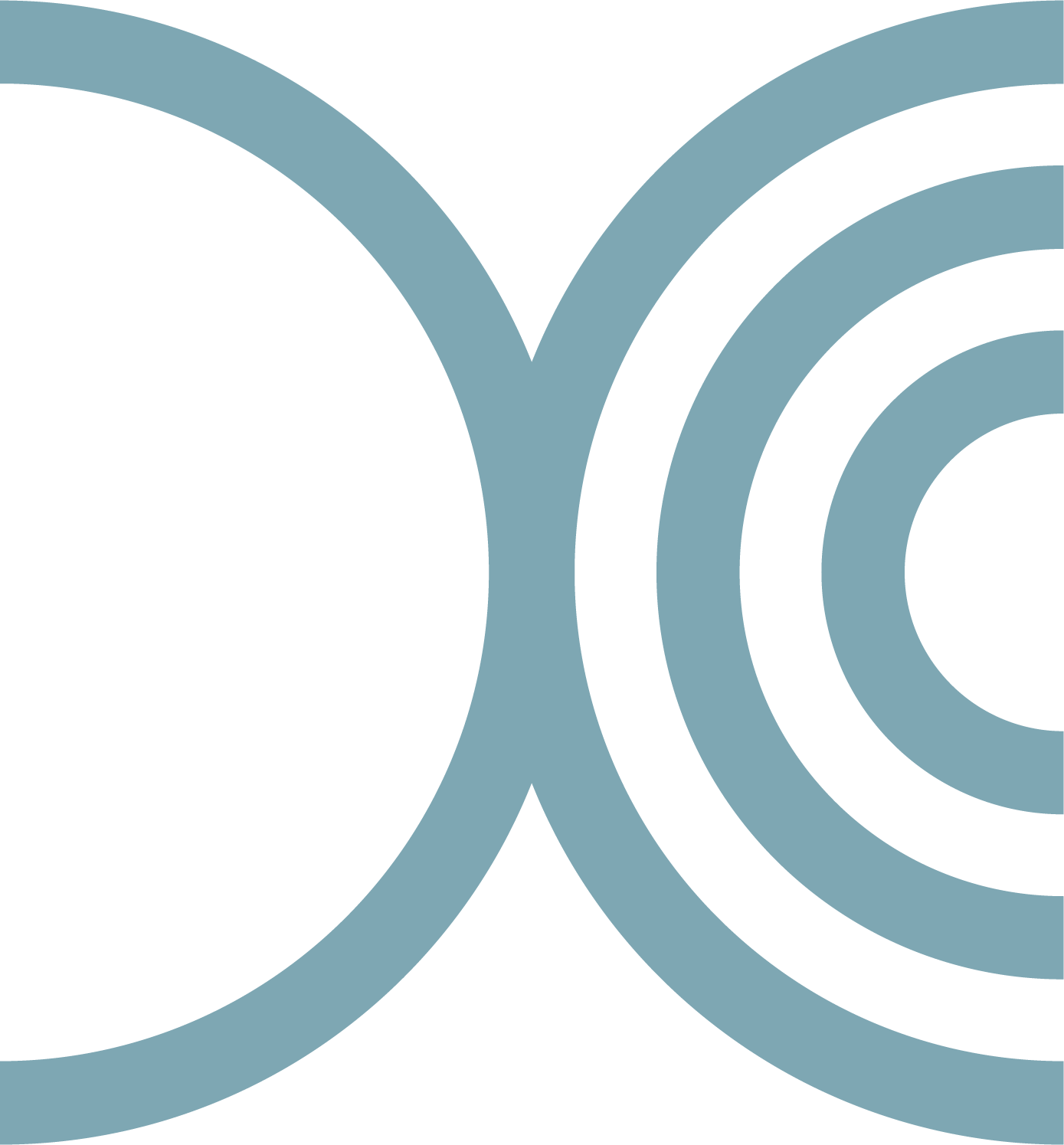Grant received in 2024
DCCC has funded 200,000 DKK for the project.
Several thousand Danish cancer patients are treated with immunotherapy every year. The treatment can lead to long-term survival, yet up to 50% of patients experience severe immune-related side effects (immunotox) during and after treatment.
The immunological processes leading to immunotox are not well defined. Clinically, these conditions can resemble traditional autoimmune diseases, but the mechanisms involving various parts of the immune system appear to be only partially overlapping. Currently, the management of immunotox is empirical, largely based on experiences with treating autoimmune diseases, reflecting the emerging field's limited evidence.
The network aims to improve the treatment of immunotox based on scientific evidence to the benefit of patients and society.
The ultimate goal is to develop optimized and evidence-based strategies for managing immunotox, thereby improving the quality and effectiveness of health services for patients treated with immunotherapy. To achieve this, the project has set out several scientific goals:
- To further explore the immunological mechanisms involved in various types of immunotox during immunotherapy.
- To examine the immunological mechanisms and clinical effects of immunosuppressive strategies used in immunotox cases.
- To assess how different approaches to managing immunotox affect the efficacy of cancer immunotherapy.
- To validate the effectiveness of new or modified immunotox treatment strategies through clinical trials and real-world data.
The project also aims to establish a national and interdisciplinary collaboration to integrate ongoing research, uncovering the underlying mechanisms of immunotox and developing more effective management methods. The national ImmunoTox Network aims to foster closer cooperation between basic and clinical researchers in Denmark through scientific workshops focusing on this topic. Furthermore, the network seeks to boost successful grant applications and research projects in this area.
The network will enhance understanding of the immunological mechanisms that cause immunotox and how these mechanisms are influenced by various immunosuppressive strategies. This new knowledge will eventually lead to more effective clinical management of the side effects, potentially reducing their severity and duration, preventing life-threatening situations and chronic consequences, protecting the effect of immunotherapy on cancer, and ultimately improving the quality of life for thousands of cancer patients in Denmark.
Multidisciplinary organisation
This network is anchored in CCIT-DK and DMG: Danish Melanoma Group.
Project stakeholders
- Inge Marie Svane, Professor, Consultant, Department of Oncology, Herlev. Primary contact, e-mail: inge.marie.svane@regionh.dk
- Christina Ruhlmann, Consultant, Department of Oncology, Odense
- Lærke Kjær Tolstrup, PhD, Postdoc, Nurse, Department of Oncology, Odense
- Helene Broch Tenstad, MD, PhD student, Rheumatology, Odense
- Eva Ellebæk, Consultant, Department of Oncology, Herlev
- Anne Kuld-Nielsen, Nurse, Department of Oncology, Odense
- Ane Søgård Teisner, Consultant, Hepatology, Herlev
- Jakob Seidelin, Professor, Consultat, Gastrointestinal Medicine, Herlev
- Louise Mahncke Guldbrandt, Specialty Registrar, Department of Oncology, Aarhus
- Rasmus Blechingberg Friis, Specialty Registrar, Department of Oncology, Aarhus
Events
Collaborative Workshop in Immunotox Research, May 20-21, 2026
Collaborative workshop in immunotox research, May 14-15, 2025
